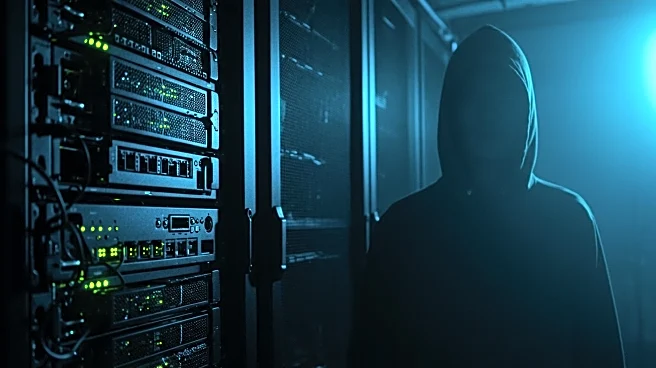What is the story about?
What's Happening?
Russian state-sponsored cyber actors, linked to the Federal Security Service (FSB), have been conducting a decade-long espionage campaign targeting enterprise network devices worldwide. The group, known as 'Static Tundra,' exploited a six-year-old vulnerability in Cisco Smart Install (SMI), identified as CVE-2018-0171, to gain unauthorized access to network infrastructure. This vulnerability allowed the hackers to conduct reconnaissance on industrial control systems, revealing their interest in protocols and applications associated with these systems. The FBI has issued an advisory warning about the threat, highlighting the potential for infrastructure-level attacks that bypass traditional security controls.
Why It's Important?
The exploitation of this Cisco vulnerability by Russian hackers poses significant risks to critical sectors globally, including telecommunications, manufacturing, and higher education. The ability to access and manipulate industrial control systems can lead to severe disruptions in operations and potential safety hazards. This incident underscores the importance of cybersecurity in protecting infrastructure from state-sponsored attacks. Organizations must prioritize patching vulnerabilities and enhancing security measures to prevent unauthorized access and safeguard sensitive information.
What's Next?
Enterprises are advised to update their Cisco devices to fixed software releases to mitigate the risk of exploitation. For devices that are end-of-life and cannot be patched, disabling the Smart Install feature or decommissioning the devices is recommended. Cisco has provided guidance on identifying suspicious activity related to this campaign and indicators of compromise. Continued vigilance and proactive cybersecurity measures are essential to counteract the persistent threat posed by 'Static Tundra.'















